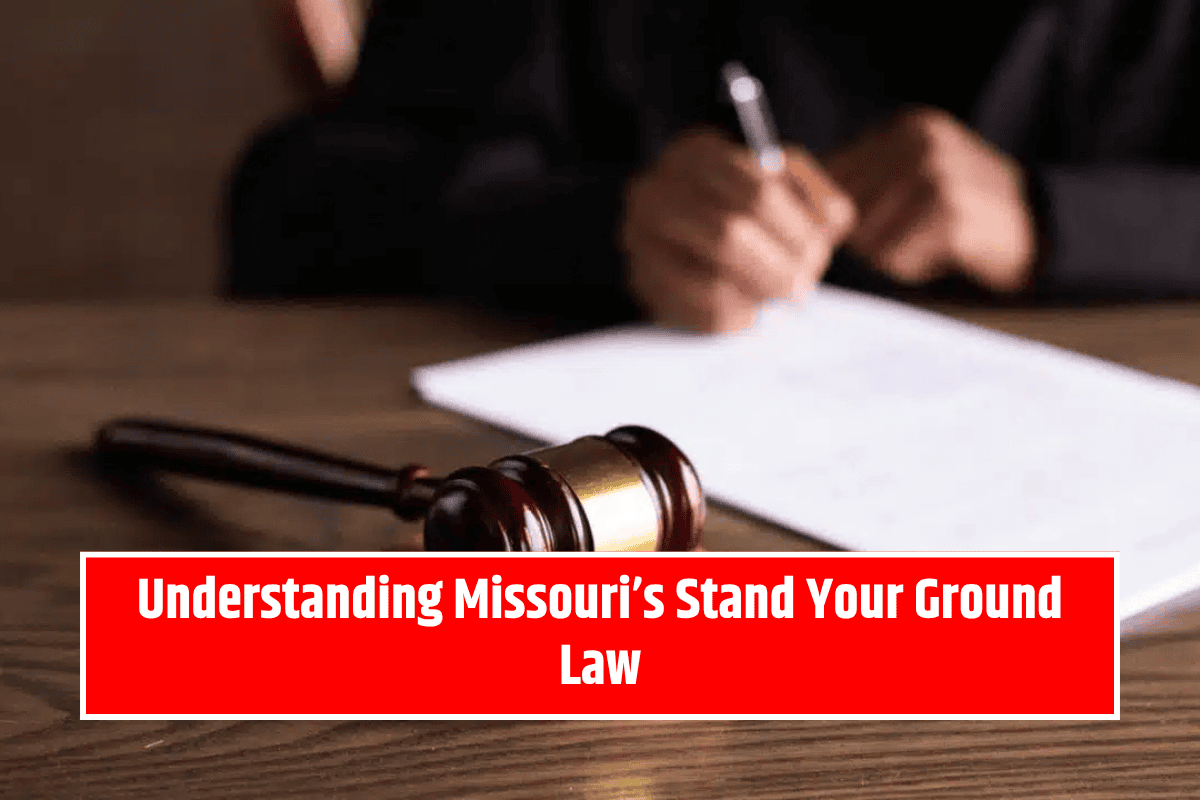In Missouri, self-defense laws protect your right to defend yourself, your home, and others when you face immediate danger. However, these laws are not without limits. If you find yourself involved in a situation where you’ve used force and are now facing criminal charges, it’s crucial to contact an experienced St. Louis criminal defense lawyer immediately to protect your rights. Let’s take a closer look at Missouri’s self-defense laws and how they work.
What Is Missouri’s “Stand Your Ground” Law?
Missouri follows a “Stand Your Ground” law, which means you are not required to retreat before using force if you are in a place where you have a legal right to be. This could be your home, car, or a public area.
In cases where you believe you or someone else is in immediate danger, you are allowed to act in self-defense without retreating first. However, your response must be proportional to the level of the threat. In other words, you cannot use excessive force if the danger isn’t that serious.
The Castle Doctrine in Missouri
Another key component of Missouri’s self-defense laws is the “Castle Doctrine.” This law allows you to use deadly force to protect your home or vehicle if someone attempts to unlawfully enter. In simple terms, your home is considered your “castle,” and the law gives you the right to defend it from intruders.
However, you cannot use deadly force in any situation. You must genuinely believe that the intruder poses a significant threat to your safety or the safety of others inside your home or vehicle.
When You Must Retreat
While Missouri’s laws generally support “Stand Your Ground,” there are specific situations where you must retreat. If you are on someone else’s private property and do not have legal permission to be there, you must leave if it’s safe to do so before resorting to force. Failing to retreat when required can weaken your claim of self-defense in court.
Using Deadly Force
Missouri law permits the use of deadly force only when you believe it is the only way to stop someone from causing death or serious injury to you or another person. If the threat is not that severe, using deadly force may result in serious legal consequences.
What If You Started the Fight?
If you are the one who started the fight (the “initial aggressor”), you generally cannot claim self-defense. However, if you try to back out of the conflict and make it clear you no longer want to fight, but the other person continues to attack, you can defend yourself.
Who Has to Prove What in Court?
In Missouri, if you are claiming self-defense, you must provide some evidence that you acted to protect yourself. Once you’ve shown proof, the burden of proof shifts to the state. The state must then prove beyond a reasonable doubt that you did not act in self-defense.
No Self-Defense in Felony Murder Cases
Missouri law does not allow you to claim self-defense if you are charged with felony murder. This applies when someone dies while you are committing a serious crime, even if the death was unintentional. In these cases, self-defense is not a valid defense.
Limits of the Stand Your Ground Law
While Missouri’s self-defense laws do protect your right to defend yourself, there are important limits:
- You must face a real, immediate threat.
- You must not be the one who started the conflict.
- You must be in a place where you have a legal right to be.
- You cannot use force over minor threats or misunderstandings.
- The law does not apply if you are engaged in illegal activity, such as breaking into someone’s home.
What To Do If You’re Charged After Acting in Self-Defense
If you are charged with a crime after defending yourself or someone else, stay calm and seek legal assistance right away. The self-defense laws in Missouri are designed to protect you, but only if you understand them and follow the rules. Contacting an experienced criminal defense lawyer in St. Louis will help you navigate the legal process and ensure that your rights are protected.
Missouri’s self-defense laws give you the right to protect yourself, your home, and others during moments of real danger. However, these laws come with strict guidelines, and acting outside those guidelines can result in serious criminal charges. It’s important to think carefully in threatening situations and be aware of the legal limits.
If you are facing charges after using force in self-defense, contacting an experienced criminal defense lawyer is essential to ensuring that your rights are protected and that you are guided through the legal process.












